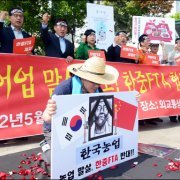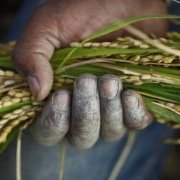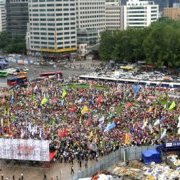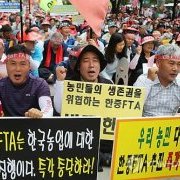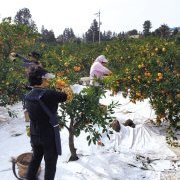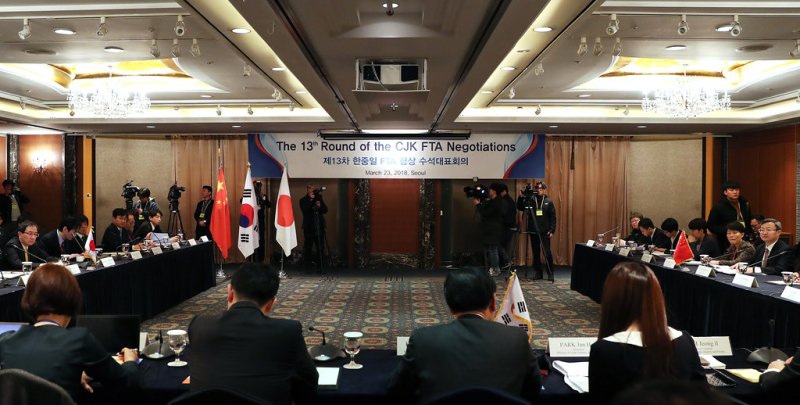
The governments of China, South Korea and Japan are expected to commence negotiations on an eventual trilateral free trade agreement between the three countries during 2012 by first concluding bilateral agreements.
In December 2011, the three countries held a final joint study meeting on the feasibility of an FTA among them.
In January 2012, the South Korean and Chinese presidents announced that they would move towards negotiating a bilateral agreement between the two countries. In March 2012, the three countries concluded an investment agreement among themselves which is viewed as a step towards a more comprehensive FTA. In May 2012, China and Korea held their first round of negotiations towards an FTA in Beijing.
Negotiations on a Japan-Korea bilateral FTA, which stalled in 2004, despite several attempts to revive them, have to contend with unresolved tensions stemming from the Japanese occupation of Korea in the first half of the 20th century and Japanese resistance to lowering tariffs on agricultural imports. Any eventual FTA between China, South Korea and Japan needs to be seen in the context of ongoing economic and political rivalry between China and the USA, as Washington pursues plans to create a new regional free trade and investment agreement by joining the Trans-Pacific Partnership (TPP).
last update: May 2012
Photo: KOREA.NET - Official page of the Republic of Korea / CC BY-NC-SA 2.0




